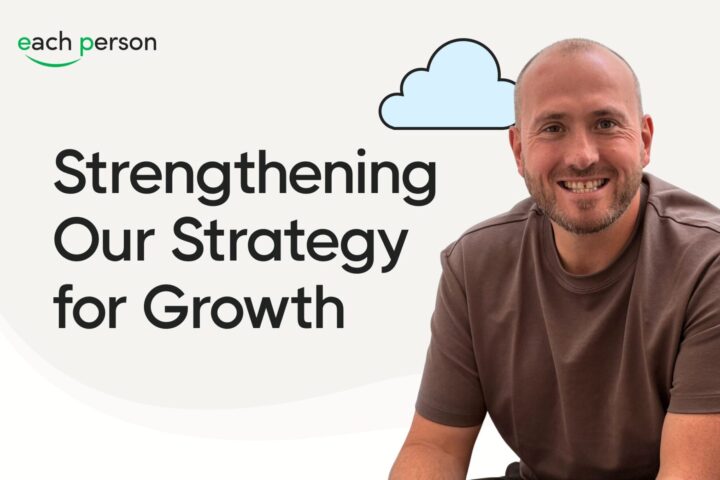Absence rates have risen to an average of 9.4 days per worker over the past year, up from 7.8 days in 2023 and 5.8 days before the pandemic, according to research from the CIPD and Simplyhealth.
Mental ill health such as depression or anxiety was the top reason for long-term absence, reported by 41% of employers.
Musculoskeletal injuries like back pain were next at 31%, followed by other long-term conditions including cancer at 30%.
Short-term absence was mostly caused by minor illnesses at 78%, mental ill health at 29%, and stress or caring responsibilities for children both at 26%.
The report urged firms to take a proactive approach to health and ensure work does not make people ill.
It also recommended better support for staff with ongoing health issues.
Rachel Suff, senior wellbeing adviser at the CIPD, said: “It’s really important for individuals, organisations and society that employers take a proactive approach to support people managing health conditions while working.
“The longer someone is off, the more they might struggle to return.
“Long or repeated periods of sickness absence can make it difficult for organisations to plan their work, and unplanned absences can also place additional strain on colleagues.”
Suff added: “As people are working and living longer, employers need to create workplaces that are supportive and help staff manage their health.
“Changes, like flexible hours and adjustments to workload, can often make a big difference to help prevent ill health from worsening and absence.
“Employers should also focus support on the areas where it’s needed most by addressing the main health risks to people.”
She said: “Since mental ill health is a leading cause of absence, taking targeted action to help employees deal with both work-related stress and personal challenges is crucial.”
Paul Schreier, CEO at Simplyhealth, said: “Despite a concerning rise in ill health nationwide, the report highlights the positive commitment from businesses to enhance employee wellbeing, with more companies adopting dedicated wellbeing strategies.
“Employers have a crucial role in supporting employee health and driving a preventative approach, helping individuals stay in work while managing health conditions, benefitting both their workforce and the wider economy.
“By offering preventative care through easy-to-access health benefits that target the key drivers of absence – mental ill health, musculoskeletal issues and minor illnesses – employees are able to seek support early, before symptoms escalate.”
Schreier added: “Providing affordable and accessible care, which is available to all employees 24/7, not just senior staff – can help employees recover quicker and return to work sooner.
“To help them make the most of these benefits, clear communication and a supportive culture are essential.”
Three-quarters of those surveyed said employee wellbeing was on senior leaders’ agendas, rising from 61% in 2020.
The top responses were access to counselling, phased return to work, and employee assistance programmes, all reported by around 41-43% of companies.
Only 29% offered manager training to support staff with mental ill health, but where training was provided, 63% of employers said managers felt confident to spot the signs and 73% said they could have sensitive conversations and direct staff to support.
Additionally, the report noted that human resources (HR) teams are under increasing pressure, with workload expected to rise as organisations adapt to new employment law.
David D’Souza, director of profession at the CIPD, said: “HR professionals play a critical role in building effective and high performing organisations and their own wellbeing should not be compromised in doing this.
“HR professionals should be supported to deliver what is required of them – through jobs that are well designed, properly resourced and sustainable.
“For those working in HR, practical steps can make a real difference.”
D’Souza added: “These include setting clear boundaries around workload, creating spaces to reflect, and connecting with peers for support and learning.
“And where individuals need further support, the CIPD’s resources such as the 24-hour counselling helpline are available.”
















